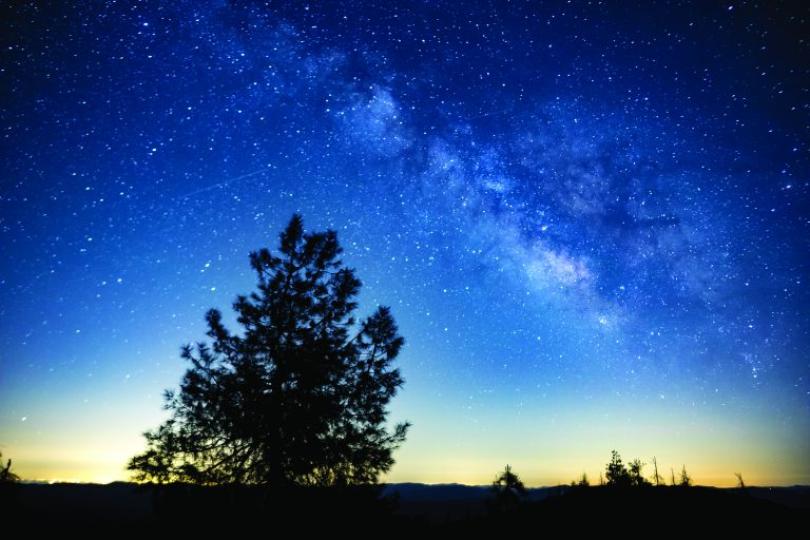Bando and Jensen comment on Biden’s National Monument Expansions
Editor’s note: Original press release by CNPS.
On May 2, 2024, native plant advocates across California celebrated President Biden’s action to expand the Berryessa Snow Mountain National Monument in Northern California and the San Gabriel Mountains National Monument in Southern California. The President used his powers under the Antiquities Act for the designations, which confer more than 122,000 acres of permanent protection for biodiverse native plant habitat in California.
“California faces the highest risks for species extinction in the nation, and habitat loss is the number one reason,” said ecologist Dr. Jun Bando, executive director of the California Native Plant Society. “These national monument designations permanently protect large swaths of land, therein safeguarding hundreds of rare and endangered species that need a fighting chance.”
The expansion of Berryessa Snow Mountain National Monument includes Molok Luyuk, a ridge on the eastern side of the existing monument in Lake and Colusa counties. The Yocha Dehe Wintun Nation requested the expansion to include the BLM-managed lands formerly known as Walker Ridge. Molok Luyuk, means “Condor Ridge” in Patwin, and is Patwin heartland. It includes historic Tribal trading routes and ceremonial sites significant to Pomo, Wappo, and Miwok peoples, as well.
“We are incredibly grateful to President Biden and our steadfast congressional champions who have honored the Yocha Dehe Wintun Nation’s request to expand Berryessa Snow Mountain National Monument to include Molok Luyuk,” said Dr. Bando. “The protection of Molok Luyuk represents the promise of a new era in conservation, with its grounding in inclusive leadership, the embrace of shareable Indigenous knowledges, and the coming together of Tribes, communities, and organizations to protect California’s remarkable biodiversity and our connections to it.”
The California Native Plant Society (CNPS) and partner organizations rallied behind the Yocha Dehe Wintun Nation’s request. Senator Alex Padilla, Rep. John Garamendi, Rep. Mike Thompson, the late Senator Dianne Feinstein, and most recently, Senator Laphonza Butler championed the effort, beginning with the introduction of the Berryessa Snow Mountain National Monument Expansion Act in 2022 and ultimately the request that President Biden use his powers under the Antiquities Act to expand the monument. Local and statewide support for Molok Luyuk is also strong. The California Natural Resources Agency, local elected officials, state Senator Bill Dodd, Senator Mike McGuire, and state Assembly Majority Leader Cecilia Aguiar-Curry are also strong advocates. On May 22, the California Senate joint resolution to expand the monument passed the Senate in a unanimous vote. To date, more than 175,000 people have signed petitions of support for Molok Luyuk, in addition to 312 California scientists who sent their own letter of support to the President late last year.
CNPS has monitored and documented Molok Luyuk’s biodiversity for decades, recording more than 40 rare plant species and special plants, including the adobe lily (Fritillaria pluriflora), the world’s largest area of habitat for the McNab cypress (Hesperocyparis macnabiana), and sensitive natural communities, such as blue oak woodlands.
Until this designation, the ridge faced ongoing development threats. In 2005, CNPS submitted its first Area of Critical Environmental Concern petition for the area to the BLM, followed by another in 2011.
“This is an important day for native plant lovers,” said CNPS Conservation Program Director Dr. Nick Jensen, who helped lead the multi-year campaign to protect Molok Luyuk. “Conservation is long, hard work, and we should savor this moment, not just for ourselves, but for those whose footsteps we follow.”



